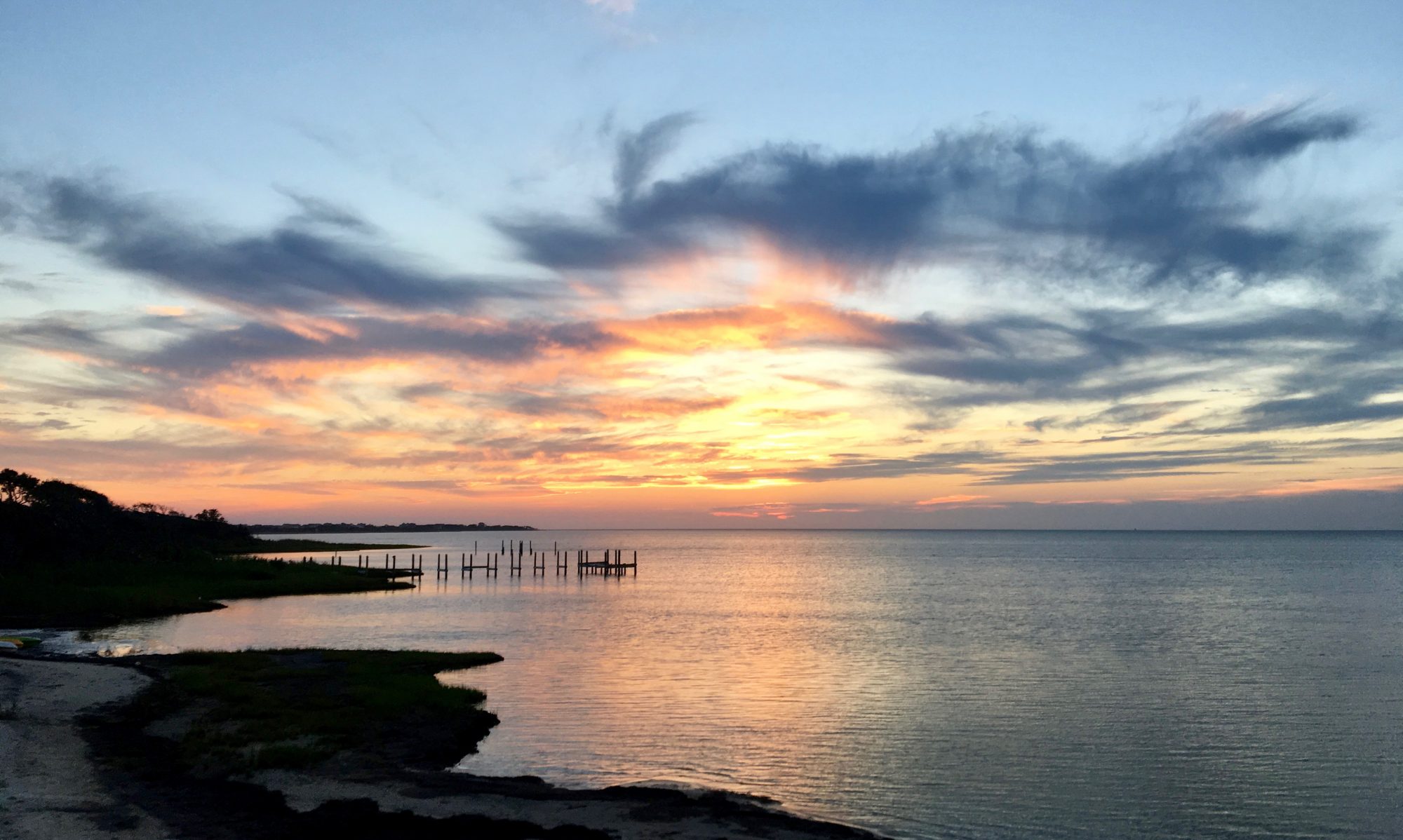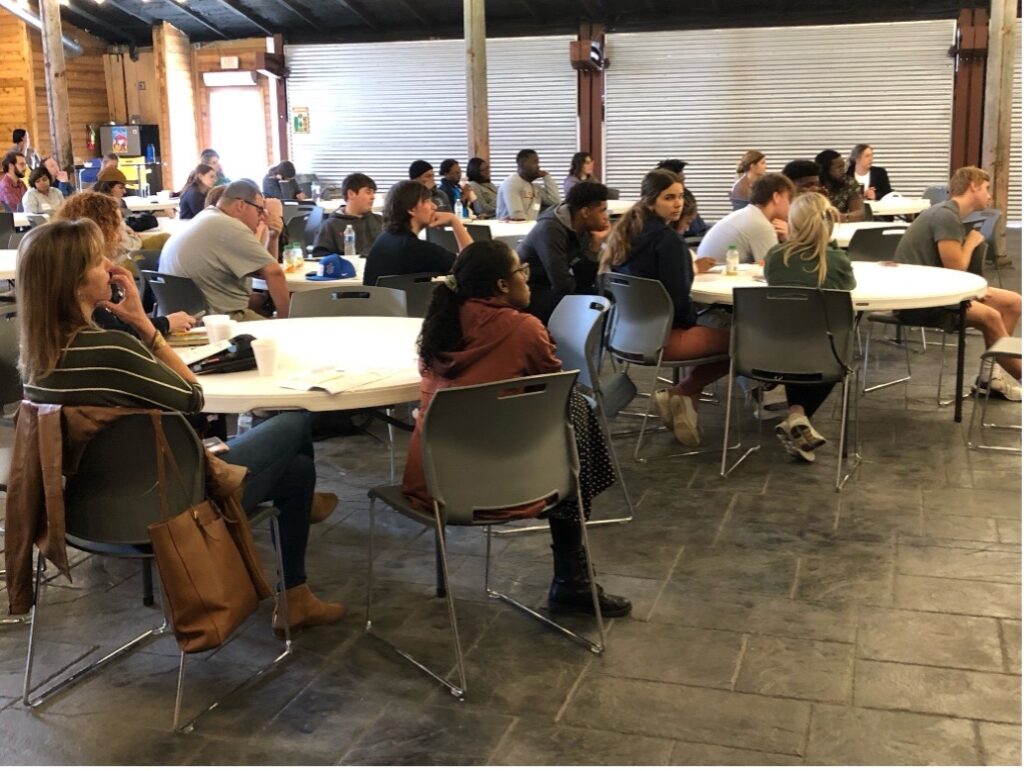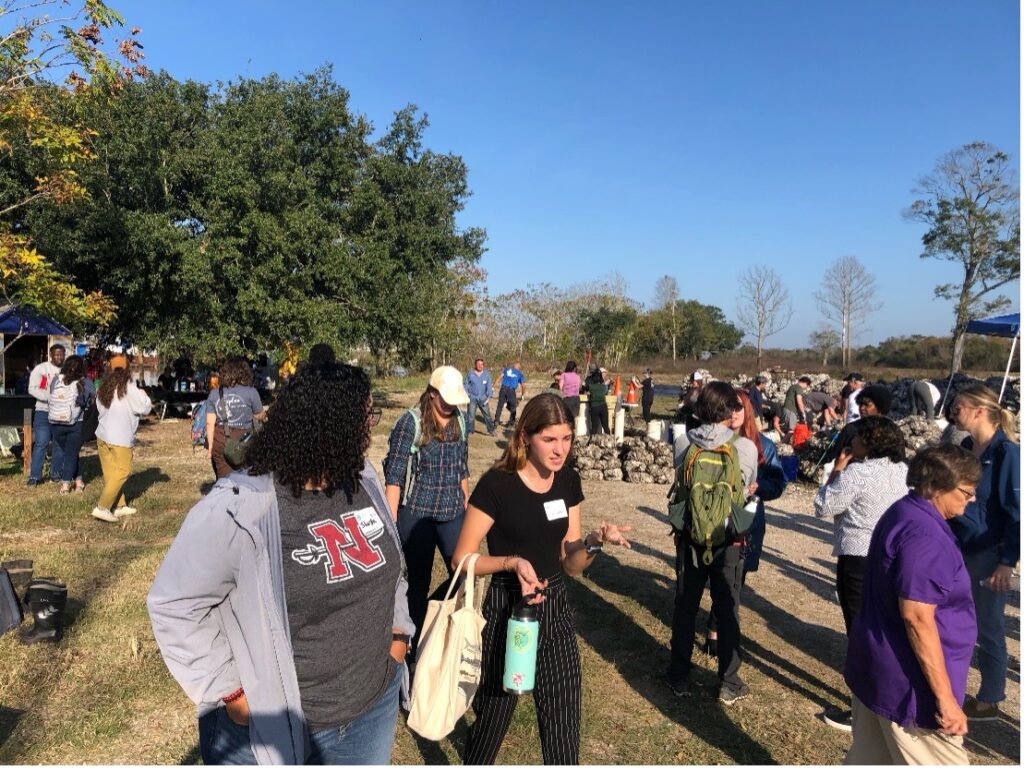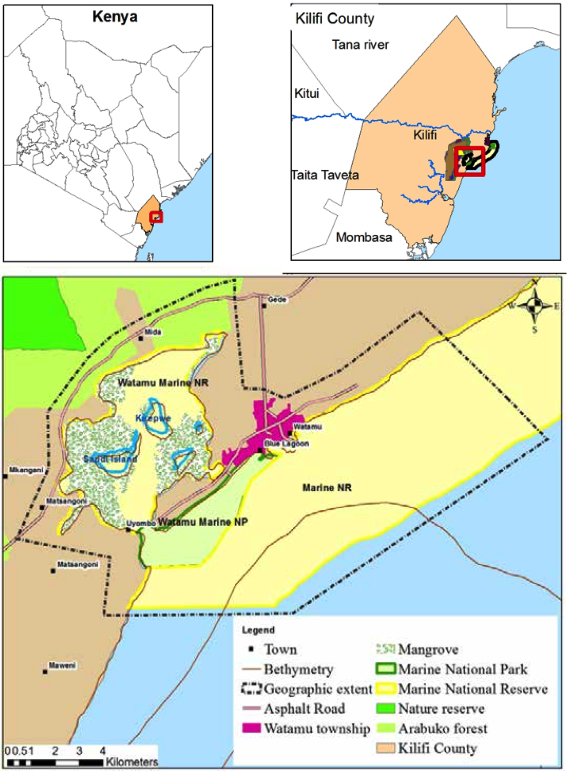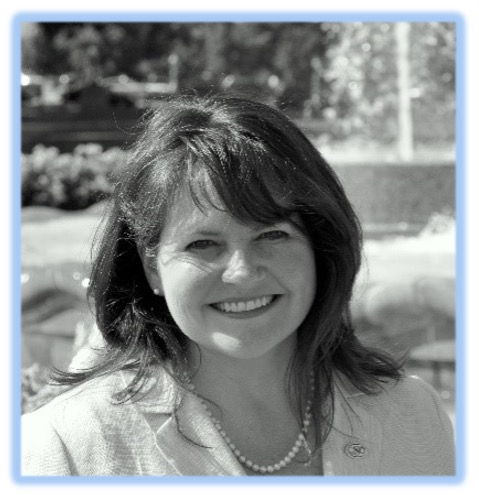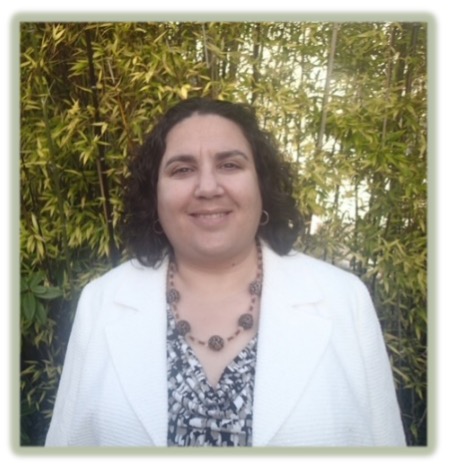By Ellis Kalaidjian
In today’s era of heightened environmental awareness and the urgent need for sustainable practices, habitat restoration management tools play a pivotal role in guiding conservation efforts and ecosystem revitalization. One such tool is the habitat suitability index (HSI), which offers a structured approach to assess the viability of habitats and make informed decisions about restoration strategies. HSIs leverage scientific data and spatial analysis to pinpoint areas with the highest potential for restoration success, thereby maximizing the efficiency and impact of conservation initiatives. As we strive to protect and restore our natural habitats, tools like the HSI provide a blueprint for achieving tangible and lasting ecological benefits.
In a study recently published in Coastal Management, researchers from the Nature Conservancy and Nova Southeastern University developed a HSI for oyster reef restoration efforts in the Pensacola Bay System, Florida, with the goal of pinpointing areas most conducive to oyster habitat regeneration. The HSI framework incorporated seven critical factors influencing oyster reef viability, including contemporary oyster reef presence, bottom dissolved oxygen levels, historical oyster reef data, oyster recruitment rates, summer mean salinity, seagrass coverage, and substrate type. Each factor was scored and spatially analyzed to generate a composite HSI raster for the entire PBS area.

An oyster reef in the Pensacola Bay System, FL
Key findings from the HSI analysis revealed varying suitability scores across the study area, with higher scores concentrated in central East Bay and southeastern Escambia Bay regions. The highest suitability areas (HSI > 0.74) represented optimal locations for restoration, covering approximately 16% of the PBS. Model validation was conducted using independent data from area oyster fishers, confirming an 87% agreement with medium to high suitability HSI areas. The study emphasized the importance of stakeholder engagement in refining and validating the HSI, ensuring practical applicability and acceptance among restoration practitioners.
The HSI not only streamlines site selection for restoration projects but also aids in understanding the complex factors influencing oyster reef decline. Historical exploitation, pollution events, and sedimentation emerged as primary drivers of reef loss in PBS, highlighting the need for targeted restoration efforts in less impacted areas. The research underscores the value of integrating quantitative data and stakeholder knowledge into decision-making processes for coastal restoration. Additionally, the study demonstrates the feasibility of constructing reliable HSIs and emphasizes their role as decision support tools in ecosystem restoration initiatives.
In conclusion, the development and validation of the PBS-specific HSI represent a significant step towards effective oyster reef restoration planning. By focusing efforts on areas with the highest suitability, restoration practitioners can maximize success while conserving resources, contributing to the long-term recovery of oyster habitats in the PBS.
Citation: Geselbracht, L., Johnston, M., DeAngelis, B. M., & Birch, A. (2024). Estuary-Specific and Adaptive Habitat Suitability Index Model for the Eastern Oyster Crassostrea Virginica in the Pensacola Bay System, Florida, USA. Coastal Management, 1-18.
Disclaimer: This post does not serve as an endorsement of the author’s opinion, nor does it express the views of The Coastal Society.
